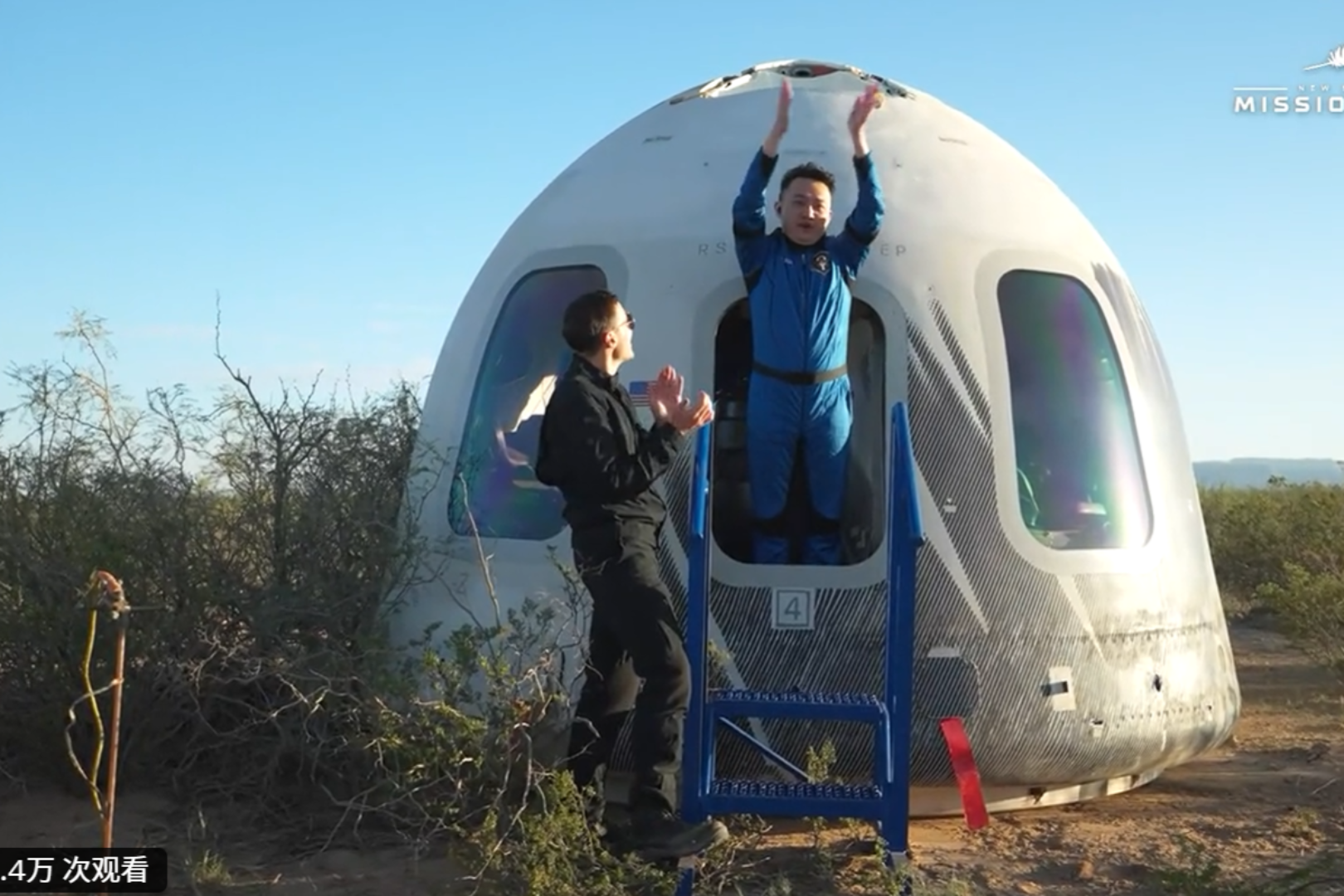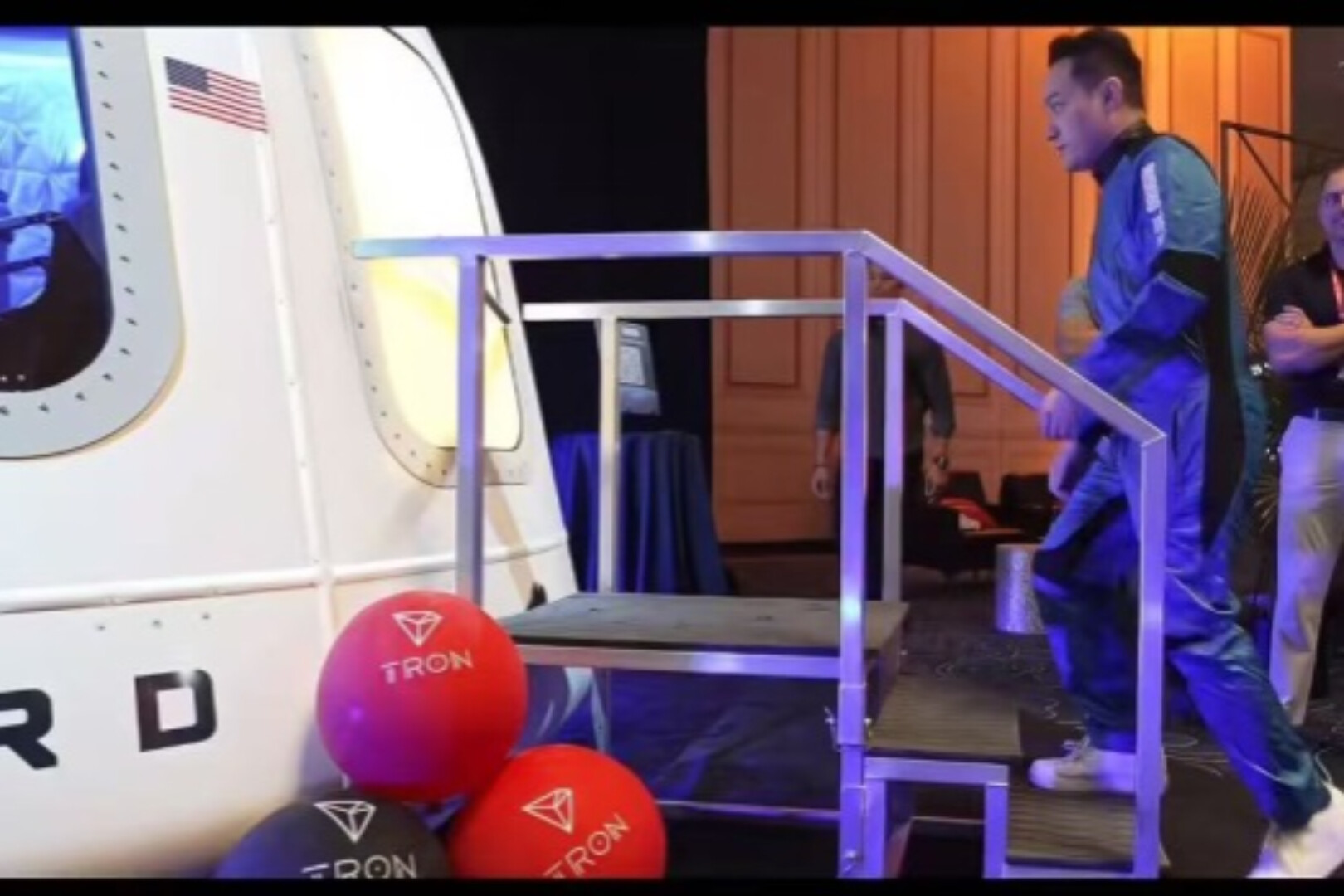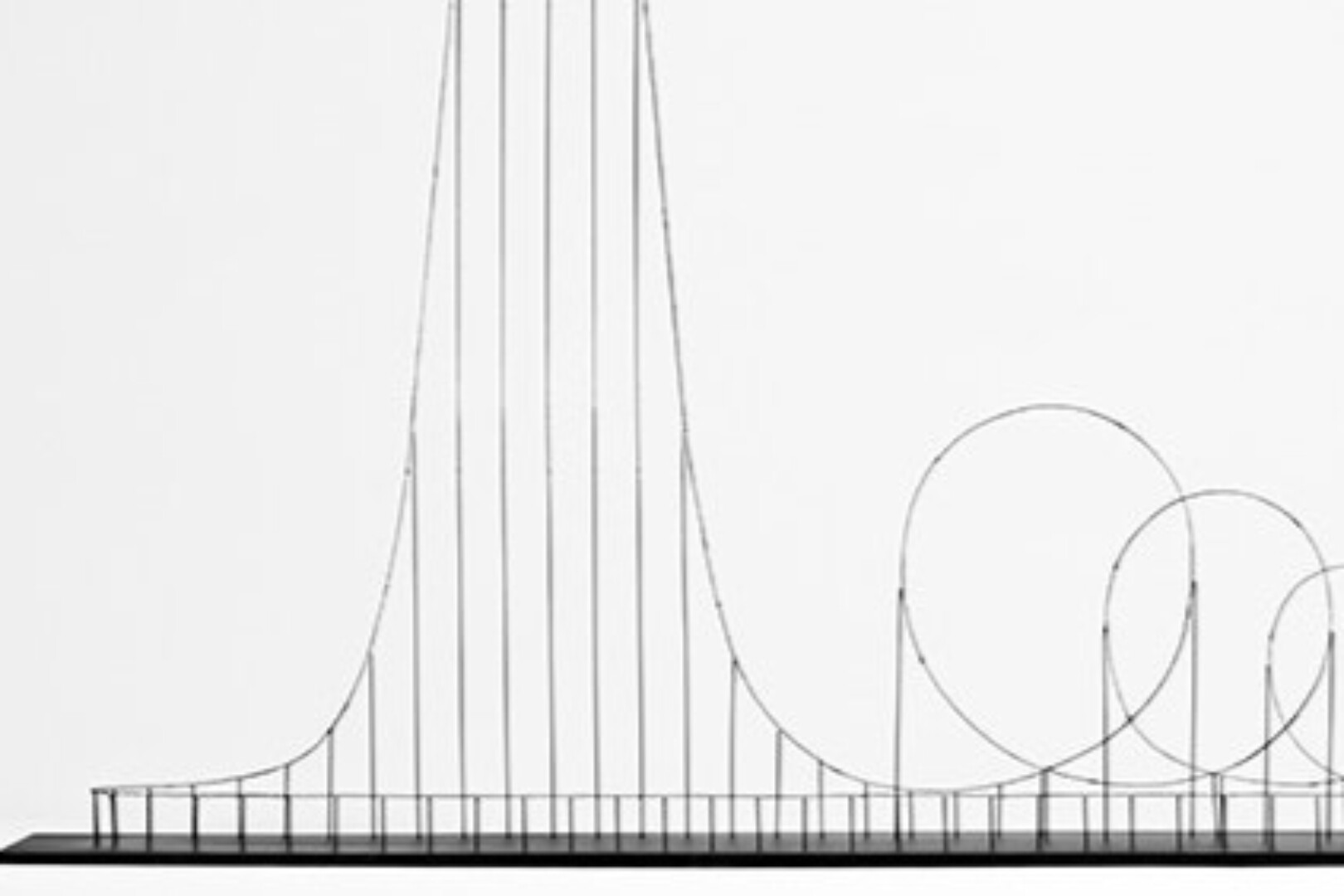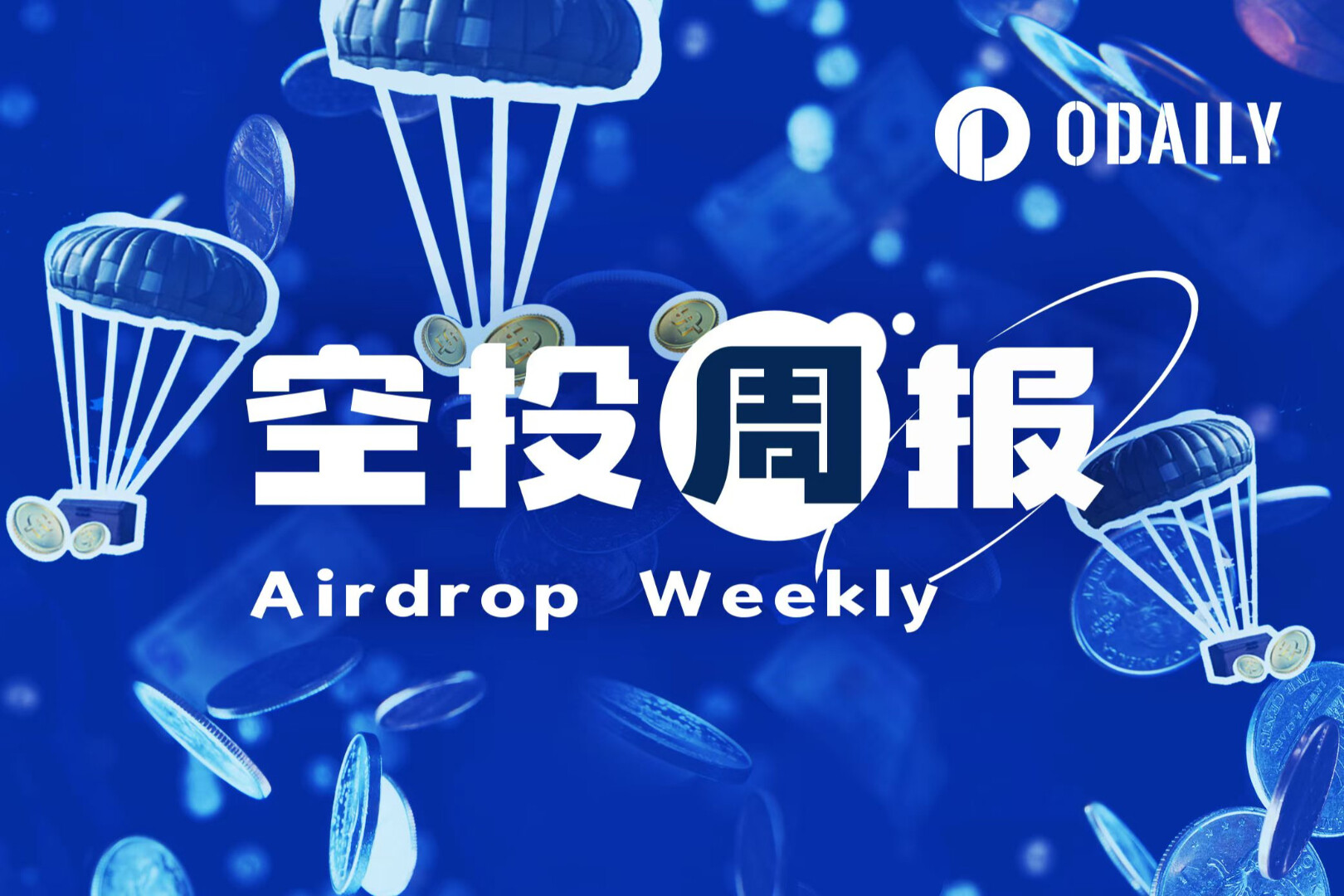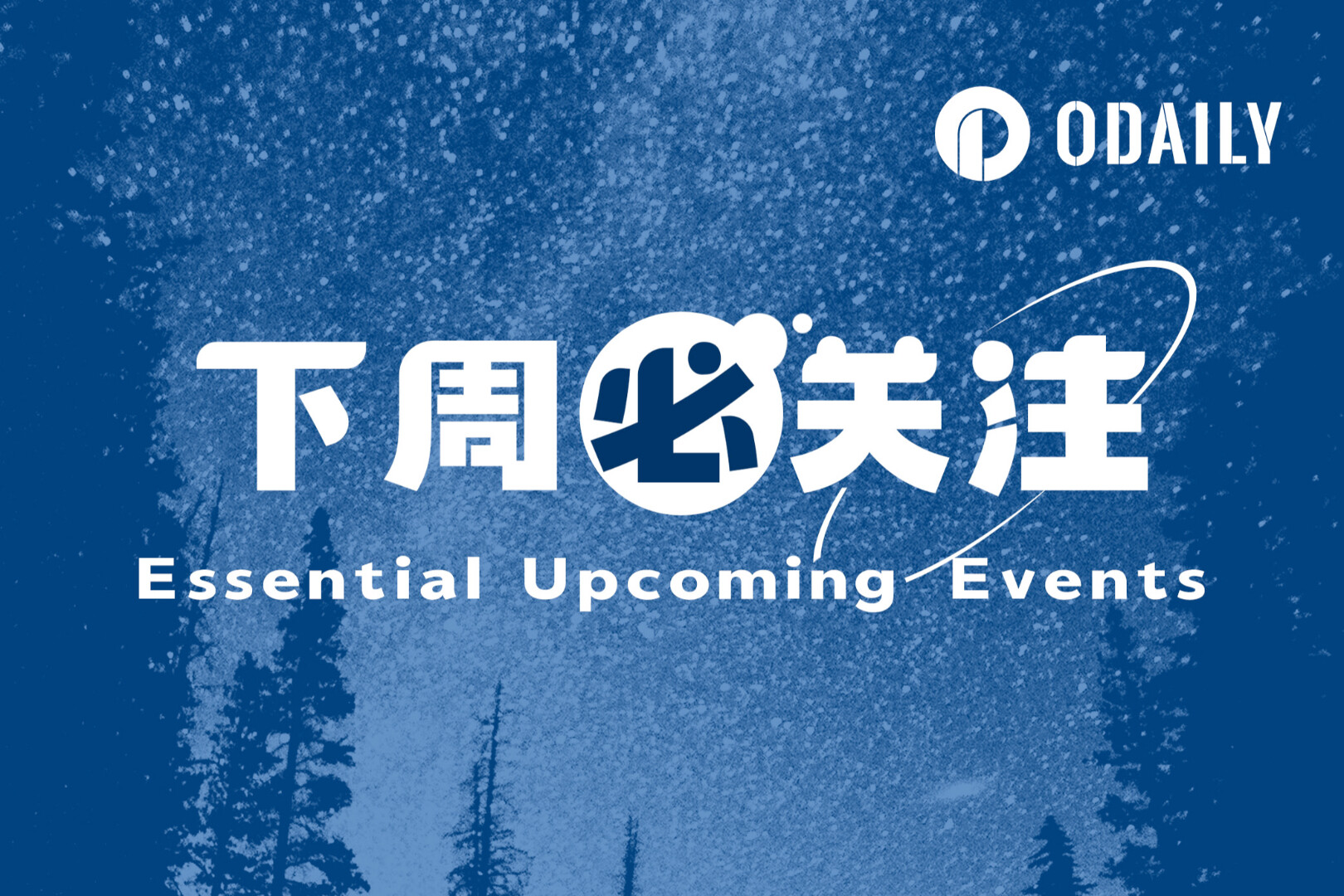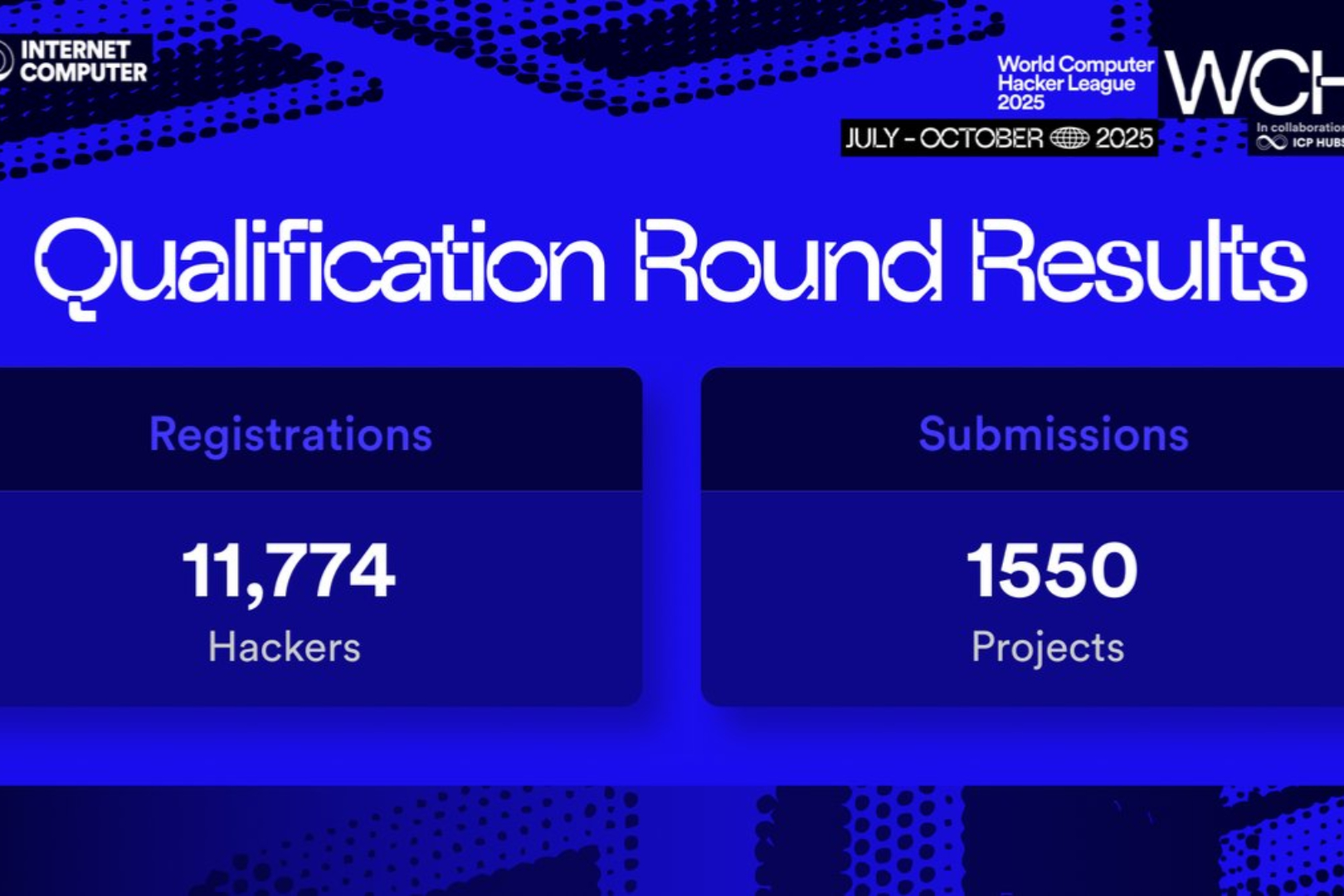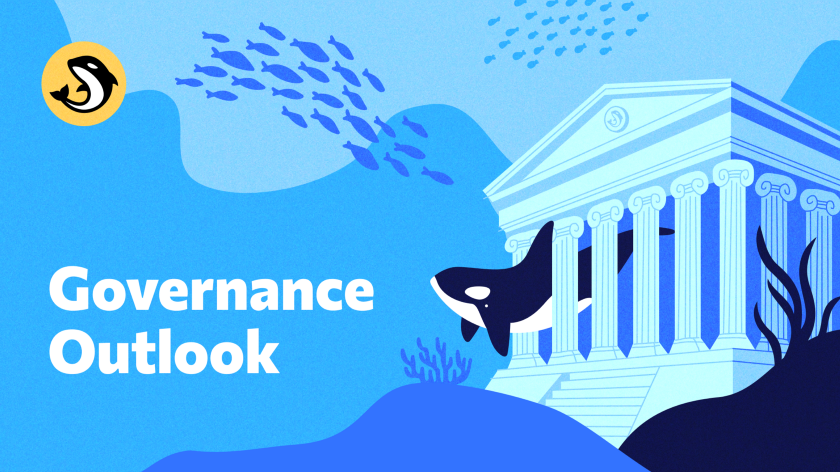
textKZ (Kiko)Welcome Carl Bergman and Larry Sukernik from Reverie to OrcaDiscord!🐳
Orca's first governance meeting was an overview conversation, this time KZ, Carl and Larry's conversation on the Orca discord is more focused on a proposal to move Orca DAO towards a governance committee. Community members Adam and Cortina also joined the discussion, discussing what Orca would look like under the governance committee model, and how group friends can join the committee.
Check out the highlights below and be sure to tune in next time!
secondary title
Continuing the conversation about Orca Governance v0
KZ: We have three people on the call today: Carl and Larry, who are representatives of Reverie, the team behind this proposal, and me, my name is KZ, and I have two identities today - one as a member of the Orca team, although I used to Have interacted with the Reverie team, but in my current job role, I am not deeply involved in decentralization and governance functions, my other role is someone who works closely with the community and talks to our community members on a regular basis. We'll be open to your questions after I've asked some initial questions.
Welcome Larry and Carl, would you like a quick introduction about you and Reverie?
Carl: Thank you KZ, thank you for having us, great to be here, excited to talk about this proposal and more generally Orca governance and trajectory, and engaging with the community. We started Reverie about 1 year ago with the main mission of helping DAOs grow and scale. We see ourselves as builders and advocates of DAO and governance best practices in the crypto space. We join agreements that we like and where we see great potential.
We also play different roles: we join the community as contributors; as advisors, we help the protocol build out its governance framework, community events, establish best practices, and generally help promote and evolve the governance components of the protocol. We've been working with Orca for a while now, understanding the challenges and gaining insight into what's going on.
As mentioned in the proposal article, we helped create the initial governance v0 framework, which we now use as the launching pad for the next proposal, where we came up with this committee model.
I have been working in this field for 6-7 years, previously as a market maker. Larry has also been working in venture capital for about the same amount of time as I have, so we've been through a lot, seen a lot of different things, and we use that experience to guide our decisions.
Larry: I am delighted to be here and I look forward to getting to know you and hearing your feedback on this proposal. One thing I would like to add is that this committee proposal is something we at Reverie had been thinking about for a long time before it was announced a few weeks ago. Our goal is to share with you, hear your thoughts and opinions, and see what could be done better or what was not done well.
KZ: Sounds good: let's go into a little bit more detail, but not too much detail! Let's get into the proposal itself. I'm not sure if everyone has had a chance to read the Reverie proposal, so I was wondering, if you could tell us in 30 seconds what this proposal is about and what the key takeaways are?
Carl: Of course, for those who haven't had a chance to read it, I'll give a quick overview. Hope you all had a chance to listen or review Yutaro's last governance call, which sparked our discussions and thoughts.
During the conference call, Orca mentioned that it is moving smart contracts into the Orca governance program, which will effectively give ORCA token holders full control over offline protocol upgrades. In other words, if Orca wanted to change any contracts, introduce something new or cancel something old (or whatever it might be), this would have to be done through governance proposals and ORCA token holder votes.
This is clearly a very exciting and awesome step towards empowering the community and giving ORCA token holders more control. However, this control also comes with a heavy burden of responsibility. This is where we've seen a lot of other protocols slow down in terms of development and ownership, and things slow down when control is completely transferred to one community.
We think there are better ways to solve this problem, we can't expect the whole community to suddenly become experts in everything and always act when it's time to upgrade or release a competitive product - we all know this is a competitive field of force. This is where the committee model comes into play.
We propose that, during this transition period, we create a governance committee, elected by the community, with a unique council emblem, granting unique voting privileges, and thus the power to pass proposals similar to those that the community can pass. As such, the community delegates control and upgrades to this committee, which will act on behalf of token holders and in the best interest of the protocol.
The key here is that it is actually a delegation of responsibility to manage and enact upgrades to the protocol. The community retains full control over the protocol and committees through the ability to veto committees, and even has the ability to remove committee members if they believe they are behaving badly or taking no action at all. If the committee is not doing anything, the community reserves the right to shut down the committee entirely.
If the committee model fails, we can start from scratch as a base model with the protocol run directly by the community. The idea is that the committee takes the responsibility away from the community, which we believe will allow the protocol to grow efficiently, remain competitive, and build a top-tier AMM (Automated Market Maker) in Solana.
In terms of responsibilities: The committee will be responsible for managing the team built on top of Orca. Technically, during this transition, Orca will be open to external contributors, although we expect the existing team to remain the most qualified, and it will be a responsibility for the council to drive all Upgrades, manage finances, manage Orcanauts, and fully maintain agreements. Right now, both the committee and the community are responsible, but you would expect the committee to be the one doing the day-to-day management on behalf of the community, and the community in turn looks at the committee to make sure they are working in the interest of protocol development. The community takes responsibility by asking for committee reports.
Cortina had a great comment about adding a community member to attend all the meetings, sort of like a finance, reporting to the community as an impartial member, would be a great way to hold the committee accountable, we could Assign OKRs (Objectives and Key Results) so the community can monitor more successfully.
KZ: From my basic understanding of community and governance, when we think about DAOs in general, we think about community engagement. One thing that comes to mind is "one token one vote", but it sounds like this parliamentary model deviates from that principle. So, I wonder if this committee model has seen success in other protocols?
You mentioned that efficiency is something we strive for, but have we seen a case of this increased efficiency being actually implemented by the committee model? I ask because I know you guys have worked with a lot of other big name companies in Web3 , such as UniSwap, UIDX, so is this committee model used by other teams or other protocols that you work with, how does it work?
Larry: I'm fascinated by the questions you ask, KZ. This is an issue that deserves more attention, and I don't think it gets discussed enough. At a high level, the problem with "one token, one vote" — which is empirically true across many projects, including the largest in the space — is that there are many absent token holders. So in theory, there is a beautiful kind of direct democracy where token holders participate, but in practice very few do. The other reality is that it's really hard to actually come up with a proposal, lobby for it, get it through and implement it.
So early on, what we were trying to do is, coming up with this committee model was to optimize two things. One, retaining ownership of the token holders — who do have the final say in this proposal — while trying to address the issues I just talked about. Velocity is hugely important to any product organization, the faster you can ship your product, the better the user experience, the better the product for the consumer, and frankly, you'll set yourself apart from the competition. Speed really matters.
With this committee model, the idea is -- how do we ensure that token holders have power if they want to participate, but in reality, we know that most people don't participate, how do we create a format where one A process through which we can actually do upgrades and releases quickly. The committee's proposal is meant to balance those two things.
Carl: The election process is going to be an important one, and we want to make sure we don't screw it up. We want the initial committee to be well-equipped to represent the goals of the agreement. All of these will have an initial learning curve, so what we want are people who are very enthusiastic, eager, and willing to get the job done. Basically, we've come up with this proposal and been looking for potential council members who fit the bill and who would be good servants of the model. Our expectation is to come up with a proposal that includes some of these elements, we can make nominations, people can submit forum discussions where they can serve as committee nominees, present their views, exchange their experiences, and then the community can elect their Elected committee members. We obviously don't want this to be a super long process, and we can all agree on a period that is not so long that it doesn't burden the community with having to deal with a very long process.
secondary title
Answering community questions about Orca governance
Any conversation about Orca governance is a conversation with the community. On this part of Governance Conference #2, we are delighted to have community members Adam and Cortina joining the conversation!
Adam: I'd like to hear more about the tradeoffs in optimistic governance mechanisms.
Larry: I guess the first thing I'd say is that it's not a perfect system, there are of course some trade-offs, some of which we know about, and probably some that will only be discovered when we put this system in place. I think one of the tradeoffs with this model is that once the council is elected, as a token holder, you might be thinking, "oh, there's someone else in charge of thinking about what's best for the protocol", and some token holders Some may argue that they should no longer monitor the protocol's activity. One risk is that the council is elected and token holders will say "well, fine, someone is looking out for our interests" and they will stop paying close attention to the protocol. Realistically, I don't think that's going to happen, but we need to recognize that - it's a very real trade-off.
Cortina: I'd like to learn a little more about Reverie's business model, and while I'm serious about decentralization of crypto and all, I do see a role for centralized organizations in contributing some of the building blocks to DAO governance. I'm curious, can you share more about Reverie? How do you generate revenue? What does your team look like? Where do you think it's going? After this, what do you think this governance model can bring for Orca What major goals?
Larry: Our business model is very simple, we are essentially an advisory and investment firm. For consulting work, we get paid in dao, and sometimes we get paid in stablecoins, dollars, or tokens. It depends on the nature of the engagement. And then we also do investments, where the money we earn from advisors is reinvested in projects we like. Occasionally we get advisory grants, where we give advice to companies and they give us funding as if we were part of a team, and some of the projects we've been involved with do that. It's a very simple business model with nothing hidden.
Our intent is to align ourselves with the projects we work on and get paid from the assets the project owns. If we do well, the asset value goes up and we get some of that value, or if we don't do well, the project fails and we suffer, we have a common destiny. This is how we are structured, our team is small, tight-knit, only five people working together, so almost half of the team is involved in the project. We all work closely together in our work.
Cortina: The second half of the question is what is the first mission of this governance committee, what are the first few goals?
Carl: Initially, the committee will do at least some meta work, establish itself, set okr's, set its own goals and reporting structure, and figure out how to work with the community - assuming it gets passed. Beyond that, the committee will work closely with the team and it becomes a task to grow the protocol according to the needs of the community: Does the community want to look for other opportunities; build on the work already done? Beyond what we can do today What comes to mind: meta-committee work, creating the best structure for a productive responsible committee, aligned in their incentives, success metrics and accountability; it really depends on the trajectory of the protocol's growth - very much right now unpredictable. I'm not that creator, but I'm sure there are exciting things to come. Glad to receive your questions. Do you have any thoughts on what the committee will do on day one?
Cortina: I've been pushing and seeing concerns from people like Hsue about how so many DAOs are sitting on a treasure trove, not only of their own tokens in their treasury, but protocols that generate a lot of revenue like Orca , keep income in the form of trading pairs, which seems to me stupid. I hope Orca can take a strategic approach to the revenue we are earning instead of watching it disappear because we hold tokens that we might expect to drop significantly.
Carl: That's a good point, and I think the committee will want to address that as well. The best part is we're delegating and allocating, but the committee thinks through and sorts things out before coming up with the best execution. This brings up a good point that some fiscal work can be done on behalf of the committee.
KZ: I agree with you, Hsue and I listened to the Reverie podcast while preparing for the call. He does talk about how many DAOs can make better use of the treasury, and that any DAO should see itself as a community and a profitable business. Still, I imagine there will be differences of opinion in the community going forward. There are multiple schools of thought on how a DAO should operate, and whether it should be about the profitability of the protocol in a more immediate way, or the profitability of the token holders themselves. So, seeing how the community feels about this will also be a priority
Larry: AMMs generate yield through the currency pairs traded, so there are a bunch of different tokens in the treasury. Interestingly, the consensus in many communities is to continue to hold these tokens in the treasury, rather than sell them or diversify them into stablecoins, although there are some fees, such as wages, that are usually paid with stablecoins paid in currency. DAOs usually say they will continue to hold in pairs, not spread out. The fact that we're talking about it is a great sign because many communities aren't even mature enough to have such a conversation.
KZ: I think this is a very naive question, aimed at conversion. Converting some token pairs to stablecoins may seem like a no-brainer to some community members, right, of course, we should. So things like this, should they also go through the council, should they also go through governance decisions? How does the committee model help make things more efficient, and what things should or should not be designed through the committee? Won't there be a working group to deal with these kinds of issues?
Carl: Yeah, so the committee would definitely be able to carry out the work and submit a proposal to the committee for a vote that the community could veto, but it's certainly something that the committee itself can expedite, which makes more sense in terms of efficiency and financial risk management. The nice thing about the committee model is that we can move quickly, but retain community control through a veto if we feel the committee is irresponsible.
As for the working group you mentioned, I am a big fan of yours, and we can continue to discuss. You don't want to just start a workgroup and hope for the best. It needs to be calculated and functionally driven and make sure the right people are found and accountable. With workgroups, accountability is hard to pin down and you don't want employees to be compensated but not productive. With the council model, the council can assign a group to work on a specific function as needed from an efficiency and growth standpoint.
Adam: My question is related to the dialogue, there is no charter or direction for the proposal to have a committee that would be responsible for specific things. I can see the benefit of doing this, giving the community a voice on what this is, but I'm curious what the plan is and how it will go?
Carl: Yeah, to be fair, there's no specific bylaws other than this general statement of continuing to grow the protocol in an efficient way, but we do outline what will be handed over to delegates in this overall governance transition or contractual transition The specific functions of coin holders, and some functions are outlined. With an Orca treasury, the committee plus token holders who can own or spend it, will be responsible for the diversification functions as described above. Impact funds and Orcanaut royalties, then it comes down to Pools and Whirlpools, token whitelisting, fee structures, and AMM management in general — functionality that will be transitioned through contracts.
What has changed is that the development team becomes somewhat of an external contributor to the protocol, given that the protocol will be fully owned by the community, which will be the ones running the protocol. We have a development team built for the Orca protocol, and the main responsibility of the committee will be to manage the team and achieve efficiency improvements through the work of the development team. You can see that, as the main task of the council, working closely with the development team to achieve continuous upgrades and growth in a more efficient way, it is important if we always have to rely on community votes and fully understood expectations of token holders as a whole. is impossible. This will slow things down because there will inevitably be delays there.
Adam: Decentralizing the protocol from the core team, while increasing the velocity of development that everyone wants, are some of the necessary features. Beyond that, should the community or the committee think about how they should judge if the committee is doing a good job at the top? You did mention okr, maybe some of that should revolve around what the community can expect, whether it's voter engagement or financial management ?
KZ: So, how do we measure the success and function of committee members?
Carl: Yes, that's fair. I can see how things could get murky at first if there is a lack of clear okr's before the proposal is voted on. This is reasonable feedback.
Maybe, before voting, we can list some specific okr together to measure success. We initially came up with some ideas that we hoped players would engage with at some level and on a regular basis. For example, if there are proposals and meetings that are routinely missed, it is justifiable to hold council members accountable for their lack of participation and performance. If people are being compensated, we want them to be actively engaged and actively contributing.
This is why we thought the initial quarterly reports would allow the community to review and list all engagement and participation level metrics, but now it is difficult to hold them accountable for specific metrics for protocol growth, diversification, or proposals. We don't want to say, "We want you to make ten proposals this year, let's consider you a success," or they might be pressured into submitting proposals that have no real benefit to the agreement. We want them to feel that if this is the best course of action for Orca, they probably don't suggest anything and that nothing changes is probably best, although I don't think that's likely. The most concrete metric right now is engagement, but I do think there are other areas we can work on - while aligning incentives with the growth of the protocol and the best interests of the community and Orca.
KZ: I think the "we" in this sentence should refer to the community if we're going to hold council members accountable. So I almost feel like OKRs or success criteria shouldn't come from Reverie alone, but rather some kind of request gathering process, from the community, about what they want to see the committee implement.
I wonder if the current proposal, the forum, and expressing your expectations for the council is a good way to contribute to the proposal now. So when you think of some things that you want the committee to do, implement or build, you should add them to the current proposal comments, and then people can see them, agree or disagree, and we can use those comments to design the standard of the future. Here's one thing that comes to mind. The second thing - I think I'm going to put on my Team Orca hat now - is that, as someone who's been on the team for over a year now, I'm wondering, when the committee was in place, were they and the current What is the relationship with the operations team? Do we have 7 new bosses for people like me, now and in the future, or a different working relationship?
Carl: Yes, boss! That's right, every 30 minutes a committee member will come to you asking for this report! No, seriously, as I mentioned before, it will enable communication between the committee and the development team More effectively, the Community Empowerment Council holds the operations team accountable for executive and production development and upgrades. Likewise, the community and committees assign responsibility to the development team to continue producing upgrades for maintenance, but that's not really the boss way, so to speak. It's more of a coordinated effort. So ownership can be held by the community, but we have an efficient way to release upgrades and build and develop on top of the protocol.
KZ: So the community holds the committee accountable, and the committee holds the team accountable, right? Is that the relationship?
Carl: Yeah, that's what I thought. In the end, the community holds everything because they can exit or act without a committee, they can do anything.
KZ: Okay, got it, we've been chatting for 50 minutes, so we still have time to ask another question or two.
Adam: In the proposal, it mentions that Reverie has some people that it intends to place on the committee, is that going to fill all seven seats? Do you currently have seven candidates, or is there a vacancy?
Carl: It's definitely open to community members who, like you, are obviously very happy to hear from others. While we were thinking about it, a few names popped up that we thought would be perfect for the role. Someone with experience knows how to run this and how to perfectly represent the community while growing efficiently. This is the next stage, right? If we can all agree that we want to move forward with this council model, we will need to discuss how, who and when council members are elected. Of course, we have some people in our hearts, but we want to be open, and it will be open to community members like you.
KZ: Now, with the current market conditions, I see both the Orca Discord and the rest of the Discord community becoming more mature. Now, due to market conditions, there are fewer people participating than before, and as Larry and Carl mentioned, even if there are many people interested in cryptocurrencies, there is not always a corresponding active participation in DAO governance. With committee proposals and elections, I thought, how do we encourage community engagement when it comes to elections, participation, and interaction with committees?
Carl: From my point of view, the fact that people come and go is clearly part of our market speaks to the pattern and its importance. If the protocol is trying to evolve, it relies on community members, and community members are not always around, not always reliable, there is a committee whose literal duty is to be there: to implement upgrades when necessary, or not When needed, make a decision about the effective needs of the agreement: act in the best interest of the agreement: that speaks to the importance of the proposal, right?
You mentioned that depending on the market, we can see engagement or lack thereof, there's no real shortcut, people come and go, and there's nothing we can do about it. All we can do is create a system that allows the protocol to continue to grow efficiently, and we think this committee model will achieve that. We want Orca to continue to grow and keep attracting more community members and becoming more sticky, so we see less community members coming in and out and we can get people more involved with regular reporting and discuss. I'm always happy to take those calls, it's the funding part of the job. More discussion, more activity, and hopefully it will lead to more engagement in governance. I think over time, you're going to see strong community members in and around the field.
Larry: I would add that there's this theory that if you have a good product, you'll have more customers, and if you have more customers, then some of those customers will want to check out the community. So the first priority should be to ship the best product possible! I think this council model will help with that in an easier way. Let's take a company that we're all familiar with, like Apple, everyone's heard about Apple's male and female fans, and it really starts with having the best product. If Apple's product sucks, there will be no fans or community.
In my opinion, while bear markets are always going to happen, the way to deal with them as a crypto community is to keep putting out the best product possible. People do notice, especially when you're around people who aren't shipping good products, people do notice something that's different than something else. Communities will form around something too good to ignore.
KZ: I take great pride in being part of the team and being able to deliver a great product. It’s heartwarming to see Orcanauts emerge as people’s pfp and to see people remember Orca’s slogan, “DeFi for people, not programs”. People do bring up the mantra a lot when we are occasionally recognized in public, and it makes me want to do more for the community and the product to keep the mantra alive.
All in all, what's next? Now that we've had this conversation, I hope some of you are listening to this forum and sharing your thoughts to help shape this proposal, but what happens after this? What's next When did the event happen?
Carl: Of course, we're happy to see everyone getting involved, and we've had great positive feedback, which is the best you can hope for when you submit a proposal. For me, the point of this discussion is to get more people involved, to get more people to comment and share their thoughts. This is a big next step for Orca, and we don't want to water it down by rushing it and not giving people their say.
Hopefully we can get more discussions on Discord or governance forums. I just hope people get excited about it and we get more ideas. Then, like mentioned in this call, we can work with the community to define okr, define more structured charters for committees, do our extra work like secretary - this was mentioned in the comments. You all came up with great ideas, so I encourage everyone to contribute their own!
Hopefully we can get more participation and then we can move forward with elections and on-chain voting. Then there's the transfer of the contract, and the upgrade of the management plan to allow for this committee model, there's a lot of work to be done to build the committee and get this path going. If we all work together we can speed up the executive committee.
